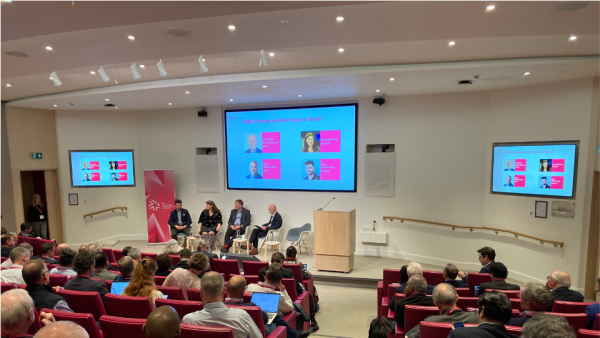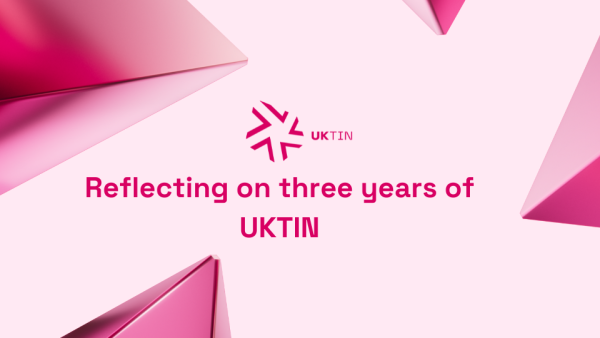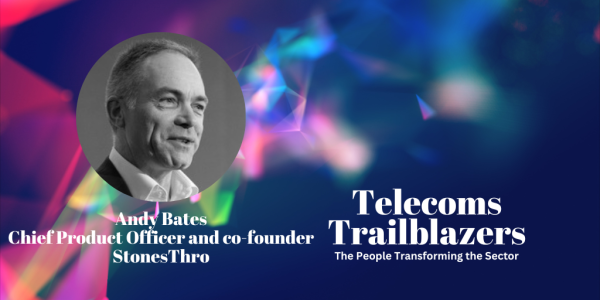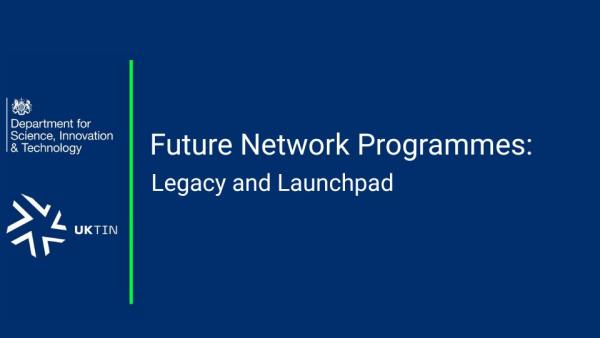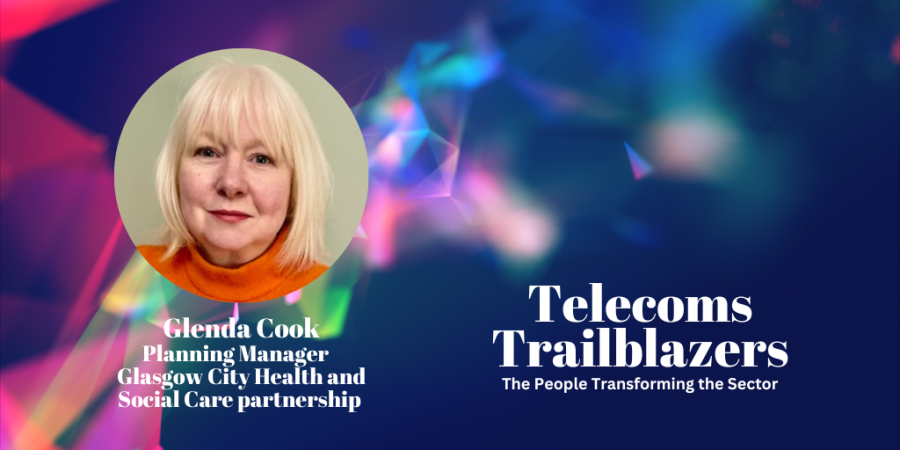
Hi, I’m Glenda Cook and I am a Planning Manager in the Older People Services, a part of Glasgow City Health and Social Care partnership. I have had a long career in health and social care, from managing frontline operational services to strategic planning and service development. As an Occupational Therapist, I have always focused on developing an individual’s ability to self-manage their care and increase their independence and resilience.
Utilising new technological innovations in service planning will be crucial for future health and care delivery in the public sector, whilst providing better outcomes for service users. Currently, local authorities have hardly any technological services in the care sector. Telecare is one of the few. Delivered nationwide to over a million people, its operating model has been based on analogue technology for over 30 years. I want to challenge the status quo and introduce new digital technologies, including capitalising on the consumer market to modernise our health and social care sector.
Funded by DSIT, my team’s 5G Innovation Region project is testing Amazon Alexa smart speakers connected to an integrated home hub that delivers resilient 4G and 5G connectivity as an alternative device to the telecare industry’s traditional ‘button and box’ offering. One of our long-term goals would be to trial secure, resilient, connected devices as accessible personal health ‘hubs’ that enable individuals to manage their own health, and also explore the potential of using predictive analytics in service users’ care.
The Telecare industry has moved from analogue to digital, but has demonstrated very little innovation. In effect, the sector has swapped from one type of unit to another without added utilities. For local authorities, digital connectivity is much more expensive and can be unreliable. There have been software and telecom outages that have affected the continuity of the service, which is considered to be a 24-hour, 365-day-a-year service.
Whilst people tend to assume that person-to-person care is always the answer, this is not always the case. Indeed, financial constraints and a lack of available personnel make this model of care increasingly untenable. In phase one of our project, 75 Amazon Alexa smart property devices were placed in the community, receiving positive feedback from over 89% of our trial participants. Patients used the devices for social activities such as music and quizzes, and to improve their safety and well-being (the Alexa successfully reminded users to take their medication and turn off the oven, avoiding hospital admissions and a lot of burnt food).
We hope to demonstrate in phase two of our project that the Alexa Smart Property devices can be linked to our alarm receiving centre to enable voice activation alerts, rather than service users having to press a button (which is frequently not worn by individuals, often having been ‘put away’ in a drawer within their house). There is so much innovative technology used by people in their daily lives, and I want to see these opportunities expanded into care services. Phase one showed that taking this approach is truly intergenerational: technology can bridge age divides and bring families together.
What do you enjoy most about working in this space?
The sense of satisfaction that comes with seeing the positive impact and benefits in service users’ lives through the introduction of digital innovation.
What’s the most ridiculous thing you’ve done in the name of work?
When I started in the council over 30 years ago, we didn’t even have computers, never mind 5G. I remember hand-writing everything (and everybody smoked!). It seems such a strange concept now, and it’s funny looking back at that era. The technological progress we have made since then is phenomenal.
Where do you see telecoms heading?
People take telecoms for granted. Being adjacent to the industry, I can see where telecoms fits in, and how critical the sector is. Arguably, telecoms should be considered as a utility like gas and electricity, and yet, one of the challenges for digital exclusion is the cost of connectivity.
What would you like people to know about your work?
We are only at the very start of harnessing digital potential in care services.
Why is a vibrant, flourishing telecoms ecosystem important for the UK?
Without an ecosystem, we don't have digital innovation, and we don’t have progress. We need digital innovation and progression, particularly in health and social care, where we are experiencing shrinking human and financial resources.


